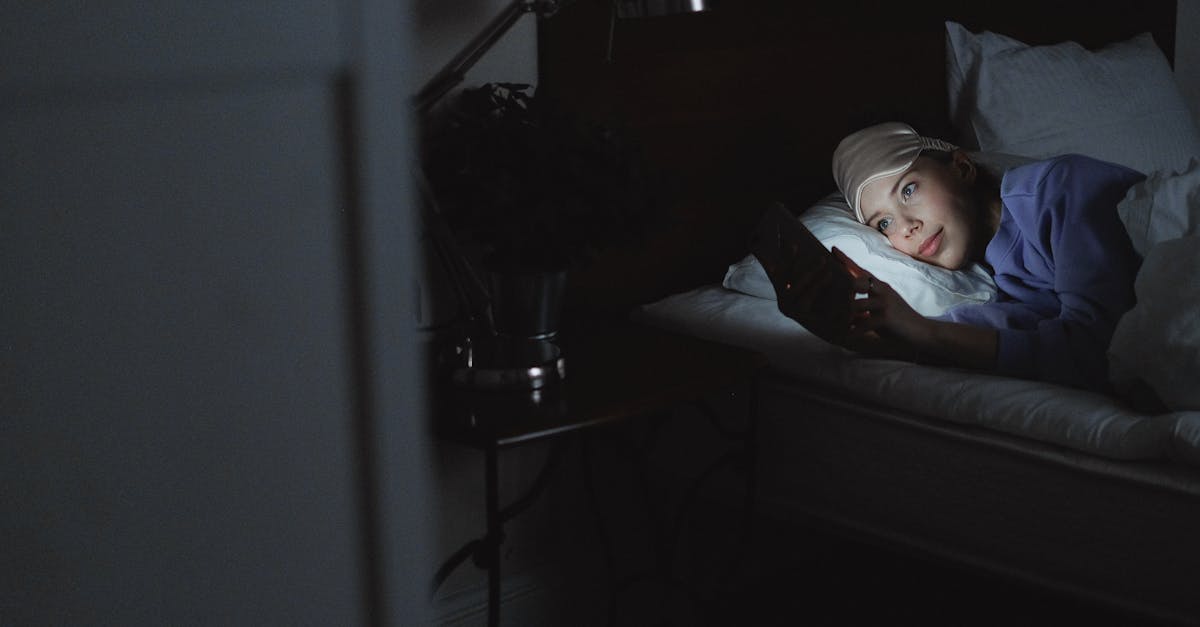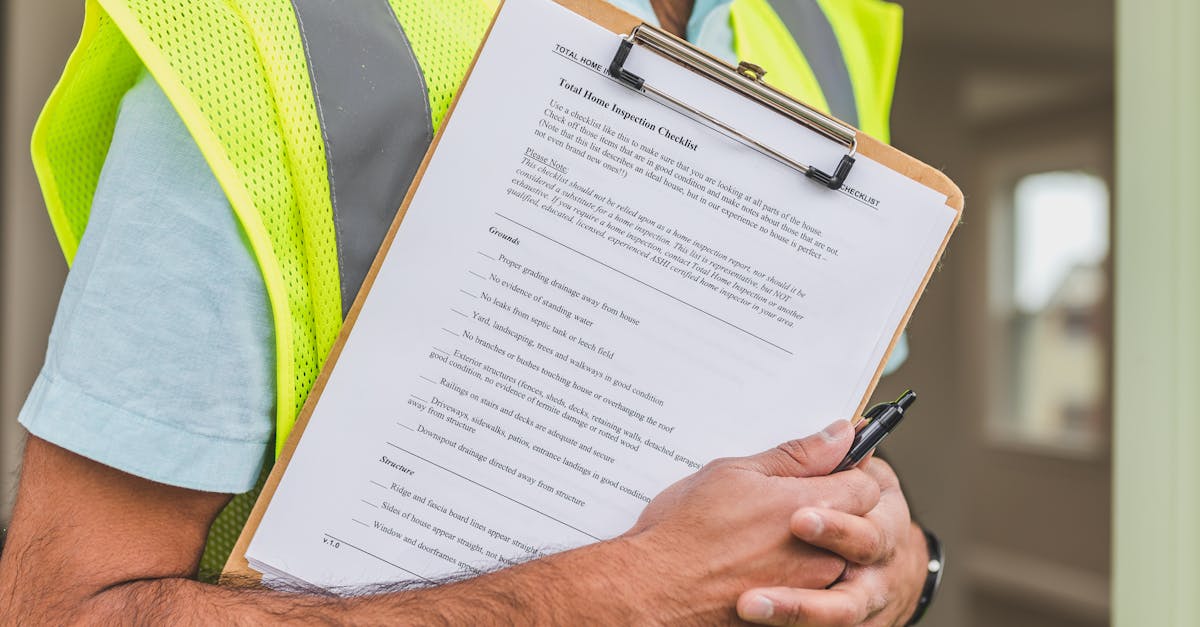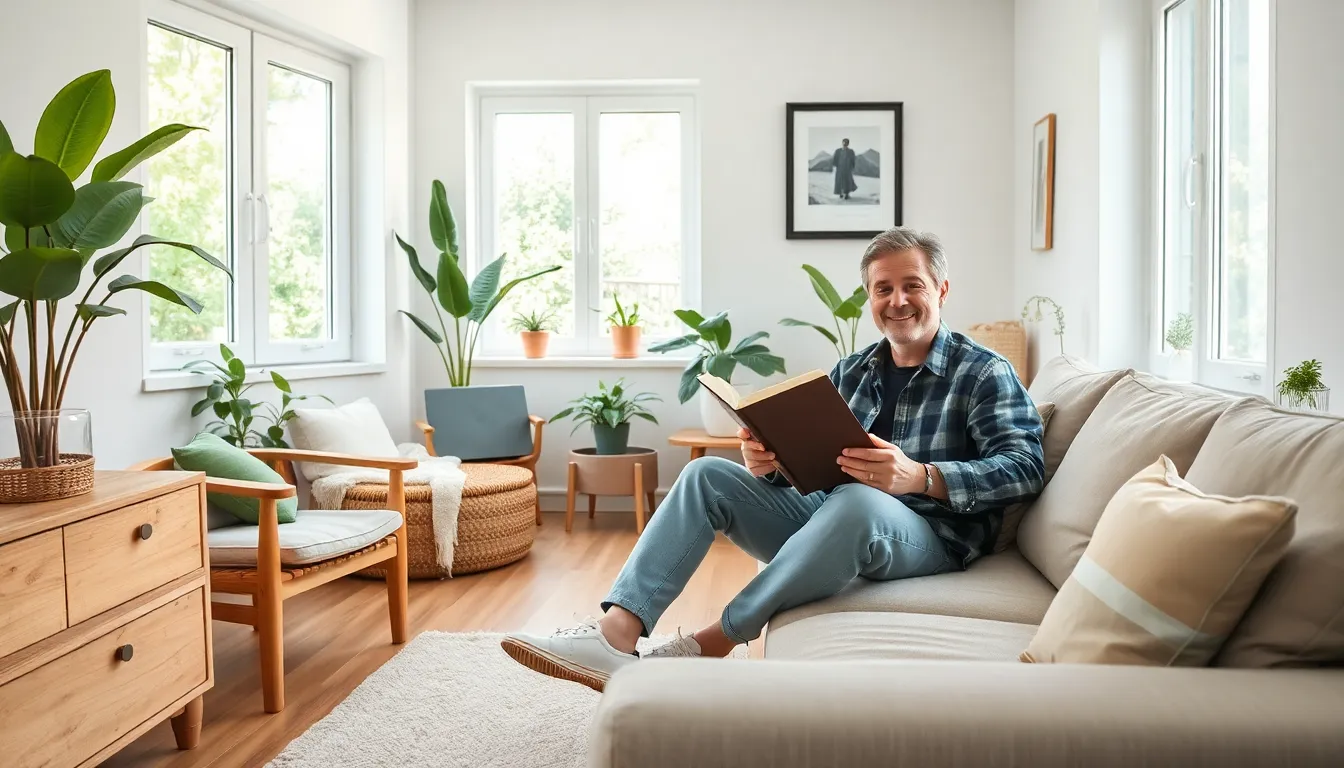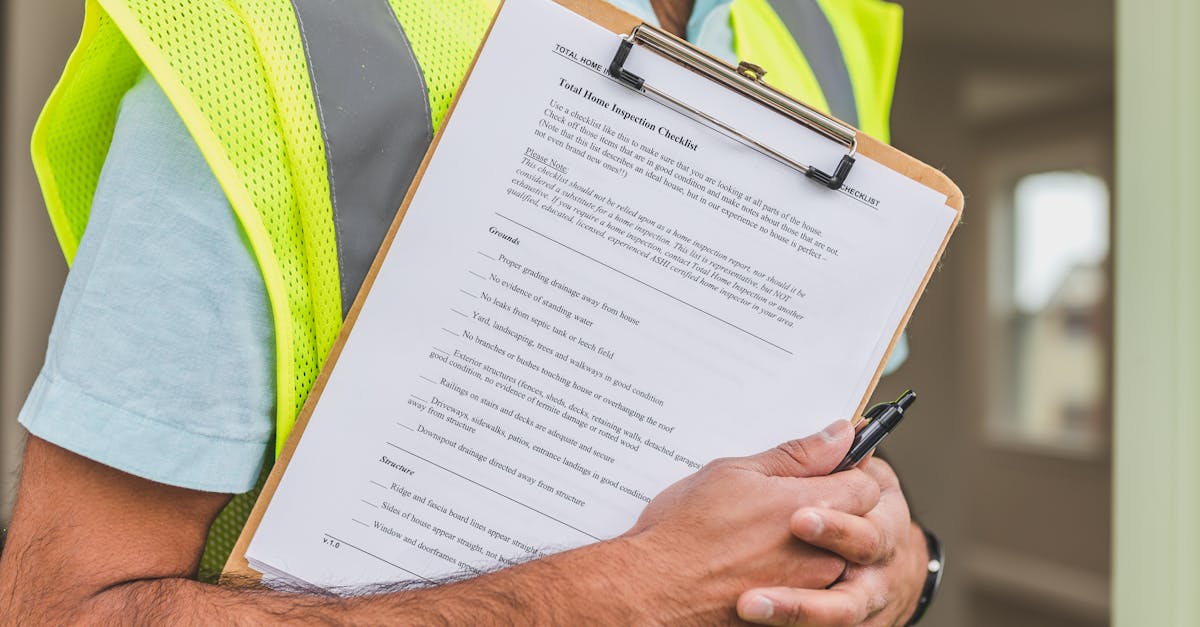In a world where sleep often takes a backseat to deadlines and binge-watching, smart sleep technology swoops in like a superhero, promising to rescue those weary eyes. Imagine a gadget that not only tracks your sleep patterns but also adjusts your environment to create the perfect snooze sanctuary. Sounds like science fiction? Think again.
Table of Contents
ToggleOverview of Smart Sleep Technology
Smart sleep technology encompasses a range of innovations designed to enhance sleep quality. These technologies track sleep patterns by utilizing sensors and algorithms that monitor various metrics. Users can access real-time data on their sleep cycles and disturbances, helping them identify trends and issues.
Devices like smart mattresses, sleep trackers, and sleep sound machines improve the sleeping environment. Smart mattresses adjust firmness and temperature according to individual preferences, promoting comfort throughout the night. Sleep trackers often provide insights into REM sleep and deep sleep stages, offering actionable feedback for improvement.
Smart lighting systems also play a crucial role in this technology. These systems simulate natural light patterns, aiding in regulating circadian rhythms. Users benefit from gradual light changes that signal the body when to wind down or wake up, aligning sleep schedules with natural body responses.
Mobile applications complement these devices by providing tailored recommendations. Users can receive personalized sleep plans based on collected data, suggesting adjustments to routines or bedtime habits. Sleep coaching features further enhance user experiences by offering guidance on maintaining healthy sleep practices.
Market research indicates that the global smart sleep technology market is expected to reach $80 billion by 2024. Growth is driven by an increasing awareness of sleep’s importance for overall health and well-being. As these technologies evolve, they continue to transform how individuals approach sleep, making restful nights more accessible and measurable.
Benefits of Smart Sleep Technology
Smart sleep technology offers numerous advantages that enhance overall sleep experience. Users frequently cite improved sleep quality as a key benefit.
Improved Sleep Quality
Smart devices adapt environments to ensure optimal sleep conditions. Smart mattresses adjust firmness and temperature based on sleep stages. These adjustments enable deeper and more restorative rest. Enhanced lighting systems mimic natural light, helping to regulate circadian rhythms. Users note their ability to fall asleep faster and stay asleep longer when utilizing these technologies. Research shows consistent improvements in sleep duration and quality, contributing to better overall health.
Data Tracking and Analysis
Smart sleep technology provides valuable data tracking and analysis. Sleep trackers monitor users’ sleep cycles and disturbances throughout the night. This real-time data offers insights into individual sleep patterns, enabling personalized adjustments. Users can identify specific issues affecting their rest, such as interruptions or insufficient deep sleep. Mobile apps often compile this data into easy-to-read reports. By analyzing sleep information, users make informed changes to their habits, leading to enhanced sleep quality and wellbeing.
Types of Smart Sleep Technology
Smart sleep technology includes various devices designed to enhance sleep quality. Here are some key types available today.
Smart Mattresses
Smart mattresses adjust firmness and temperature based on user preferences. Many include built-in sensors that monitor sleep patterns and movements. Users receive detailed reports about sleep cycles and disturbances. Some smart mattresses even connect to mobile applications for personalized insights. Brands like Tempur-Pedic and Sleep Number lead the market by offering these innovative features. Enhanced comfort promotes deeper, more restorative sleep.
Sleep Trackers
Sleep trackers provide valuable insights into sleep quality through metrics like duration and restfulness. Wearable devices from companies like Fitbit and Garmin monitor movements and heart rates during sleep. Users can access information through intuitive apps that analyze trends over time. These devices alert users to disturbances and help them understand sleep patterns better. Improved awareness allows individuals to make adjustments for better rest quality. Data collected frequently leads to practical changes in sleep habits.
Smart Sleep Aids
Smart sleep aids encompass sound machines, light systems, and aromatherapy devices. Companies like Hatch and Philips produce gadgets that create calming environments for sleep. These aids can generate nature sounds, simulate sunset lighting, and release soothing scents. Users benefit from features like sleep routines and customizable settings tailored to personal preferences. Integrating these tools into bedtime practices often leads to quicker, more restful sleep. Enhanced relaxation techniques facilitate improved sleep environments.
Challenges and Considerations
Smart sleep technology presents several challenges and considerations that users must address.
Privacy Concerns
Users often express worries about how personal sleep data is collected and used. Smart devices frequently track sensitive information, including sleep patterns and health metrics. Manufacturers sometimes share this data with third parties, raising concerns over data security. Adopting comprehensive privacy policies becomes essential in building user trust. Individuals need to carefully review privacy settings and understand what data is shared. Transparency from companies helps ensure that users feel secure about their information.
Reliability of Data
Users may question the accuracy of data provided by smart sleep devices. Variability in measurement techniques can lead to discrepancies in reported sleep metrics. Some devices rely on algorithms that might not always reflect true sleep behavior. Understanding the science behind the technology encourages informed choices when selecting devices. Reliability varies among brands and models, making research critical. Reliable data facilitates better decision-making regarding sleep habits and improvements.
Future Trends in Smart Sleep Technology
Innovations in smart sleep technology continue to evolve rapidly, with several trends shaping the future of sleep improvement. Integration of artificial intelligence enhances devices, making them more intuitive and responsive to user needs. Personalized sleep solutions, driven by individual metrics, are becoming increasingly prevalent; these bespoke approaches cater to specific sleep patterns and preferences.
Wearable technology expands its role in sleep quality. Advanced wearables, like sleep trackers, utilize improved sensors to provide even more accurate insights into sleep disruptions and phases. People can expect enhanced health integration, where wearables communicate with other smart devices, forming a cohesive ecosystem that supports wellness.
Smart environments are also a focal point. Systems will increasingly adapt temperature, lighting, and sound to support sleep better, aiming for maximum comfort. Real-time adjustments in the bedroom enhance relaxation and facilitate faster sleep onset.
Emerging neuroscience research is informing the design of smarter sleep applications. These apps will use data analytics to guide users toward tailored sleep schedules, improving circadian alignment. Expect increased collaboration between technology companies and sleep experts to develop tools that foster healthier sleep habits.
Regulations on data privacy will play a crucial role moving forward. As concerns about personal data collection grow, companies must enhance transparency and implement robust security measures to maintain user trust.
The smart sleep technology market is predicted to continue its upward trajectory, fueled by heightened awareness of sleep’s importance. As innovations develop, consumers will have access to more effective tools for optimizing their rest, fundamentally transforming their sleep experiences.
Smart sleep technology is revolutionizing how individuals approach rest in today’s hectic world. With a variety of innovative devices available, users can tailor their sleep environments to suit their unique needs. By leveraging real-time data and personalized insights, these technologies empower users to make informed decisions about their sleep habits.
As advancements continue to emerge, the potential for smarter solutions grows. The integration of artificial intelligence and enhanced connectivity will likely lead to even more effective tools for optimizing sleep quality. Embracing these innovations can pave the way for improved health and well-being, making quality sleep an attainable goal for everyone.





